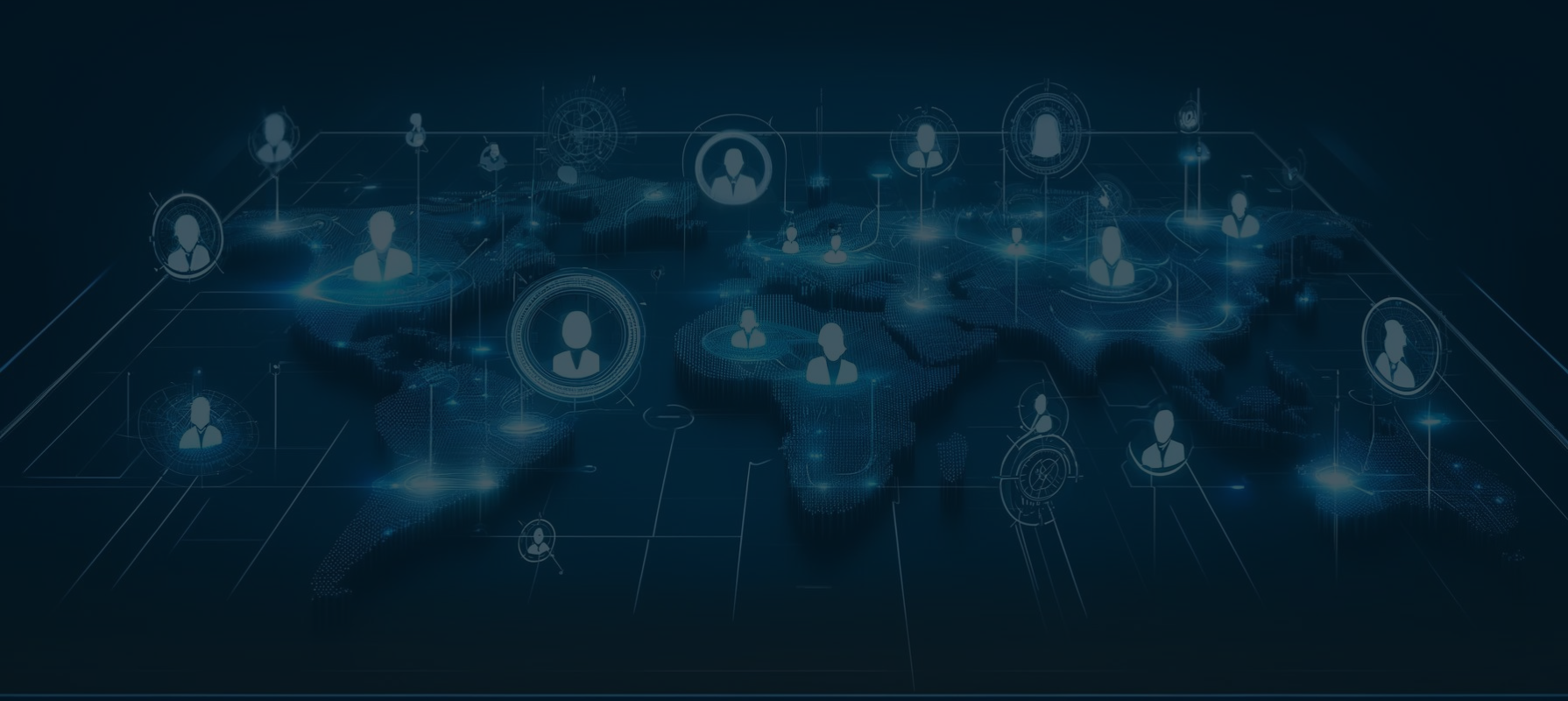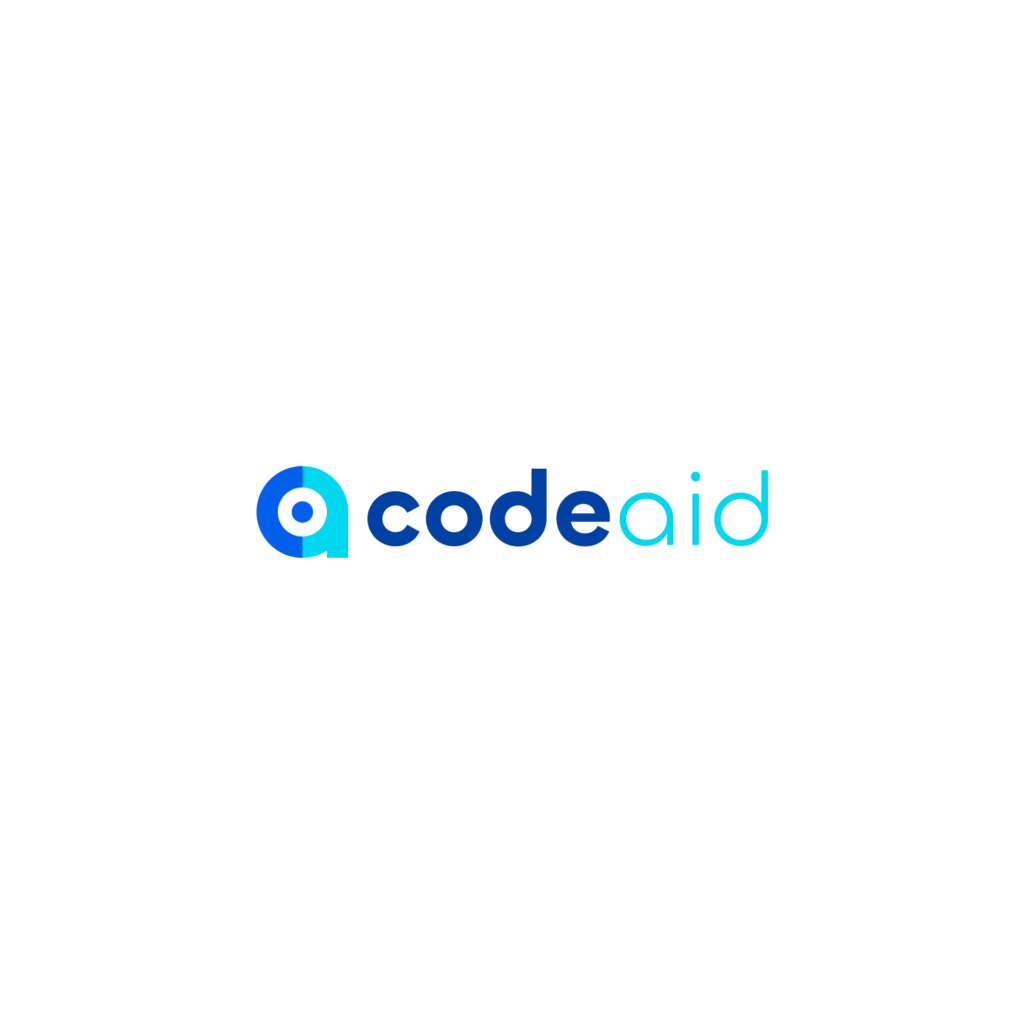The human resources (HR) landscape is undergoing a significant transformation, driven by the rapid advancement of technology. HR technology trends are reshaping how organizations manage their workforce, from recruitment and onboarding to employee engagement and performance management. These trends are not only making HR processes more efficient but also enhancing the employee experience, driving better business outcomes. In this article, we will explore the key HR technology trends that are shaping the future of work and how organizations can leverage these trends to stay competitive in the modern business environment.
Artificial Intelligence in Recruitment
One of the most impactful HR technology trends is the integration of artificial intelligence (AI) into recruitment processes. AI is revolutionizing how companies attract, screen, and hire talent. Traditional recruitment methods often involve time-consuming manual processes, but AI-driven tools can streamline these tasks significantly.
AI-Powered Candidate Screening: AI-powered algorithms can sift through large volumes of resumes and applications to identify the most qualified candidates based on predefined criteria. This not only speeds up the screening process but also reduces human bias, leading to more diverse and inclusive hiring practices.
Chatbots for Candidate Engagement: Chatbots are increasingly being used to engage with candidates throughout the recruitment process. These AI-driven tools can answer common questions, schedule interviews, and provide updates, ensuring a smooth and engaging candidate experience. By automating routine tasks, HR professionals can focus on more strategic activities, such as building relationships with potential hires.
Predictive Analytics: AI and predictive analytics can also help HR teams forecast hiring needs and identify future talent gaps. By analyzing historical data and market trends, these tools provide valuable insights that enable proactive workforce planning. Organizations can then develop targeted recruitment strategies to attract the right talent at the right time.
Advanced Analytics for Data-Driven Decision Making
Another significant HR technology trend is the use of advanced analytics to drive data-driven decision making. In today’s data-rich environment, HR departments have access to vast amounts of information about their workforce. Leveraging this data effectively can lead to more informed and strategic HR decisions. Many good HR software already count with these features.
People Analytics: People analytics involves analyzing employee data to gain insights into various aspects of the workforce, such as performance, engagement, and retention. By identifying patterns and trends, HR professionals can make data-driven decisions that improve employee satisfaction and organizational performance. For example, people analytics can help identify factors that contribute to high turnover rates and develop strategies to address them.
Employee Performance Metrics: Advanced analytics tools enable organizations to track and measure employee performance more accurately. By setting clear performance metrics and analyzing data on a regular basis, HR teams can identify high performers, provide targeted development opportunities, and address performance issues promptly. This data-driven approach to performance management ensures that employees receive the support and recognition they need to succeed.
Predictive Workforce Planning: Predictive analytics can also be used for workforce planning, helping organizations anticipate future talent needs and plan accordingly. By analyzing data on employee turnover, retirement rates, and industry trends, HR professionals can develop strategies to ensure a steady pipeline of talent. This proactive approach to workforce planning minimizes disruptions and ensures that the organization is well-prepared for future challenges.
Mobile and Cloud-Based Solutions
The adoption of mobile and cloud-based solutions is another key HR technology trend that is transforming the way HR departments operate. These technologies provide greater flexibility and accessibility, enabling HR professionals to manage their tasks from anywhere, at any time.
Cloud-Based HR Systems: Cloud-based HR systems offer a range of benefits, including scalability, cost-effectiveness, and real-time access to data. These systems allow HR teams to manage employee records, payroll, benefits, and performance management from a single platform. The centralized nature of cloud-based HR systems ensures that data is always up-to-date and accessible, facilitating more efficient HR processes.
Mobile HR Applications: Mobile HR applications provide employees with on-the-go access to HR services and information. From checking pay stubs and requesting time off to accessing training materials and completing performance reviews, mobile apps empower employees to manage their HR needs conveniently. This increased accessibility enhances the overall employee experience and encourages greater engagement with HR processes.
Remote Work Enablement: The rise of remote work has accelerated the adoption of mobile and cloud-based HR solutions. These technologies enable HR teams to support remote employees effectively, ensuring that they have access to the tools and resources they need to stay productive. By facilitating seamless communication and collaboration, mobile and cloud-based solutions contribute to a more connected and efficient remote workforce.
Enhancing Employee Experience with Personalized Learning and Development
In today’s competitive job market, providing a positive employee experience is crucial for attracting and retaining top talent. One of the emerging HR technology trends is the use of personalized learning and development platforms to enhance the employee experience.
Personalized Learning Platforms: Personalized learning platforms leverage AI and machine learning to deliver tailored training and development programs based on individual employee needs and preferences. These platforms can recommend courses, resources, and learning paths that align with employees’ career goals and skill gaps. By providing personalized learning opportunities, organizations can foster a culture of continuous development and growth.
Gamification of Learning: Gamification is another innovative trend in HR technology that enhances the learning experience. By incorporating game-like elements, such as points, badges, and leaderboards, into training programs, organizations can increase employee engagement and motivation. Gamified learning platforms make the learning process more enjoyable and interactive, encouraging employees to participate actively in their development.
Virtual and Augmented Reality Training: Virtual reality (VR) and augmented reality (AR) are also making their way into HR technology trends, offering immersive and experiential learning opportunities. VR and AR training programs can simulate real-world scenarios, allowing employees to practice skills and gain hands-on experience in a safe environment. These technologies are particularly valuable for high-risk industries, such as manufacturing and healthcare, where practical training is essential.
The Rise of Employee Wellness Programs
Employee wellness has become a focal point for many organizations, and HR technology is playing a pivotal role in supporting wellness initiatives. The latest HR technology trends in this area focus on promoting physical, mental, and emotional well-being through innovative tools and platforms.
Wellness Apps and Platforms: Wellness apps and platforms provide employees with access to a variety of health and wellness resources, such as fitness programs, meditation sessions, and mental health support. These tools encourage employees to prioritize their well-being and make healthier lifestyle choices. By integrating wellness programs into the overall HR strategy, organizations can create a healthier, more engaged workforce.
Wearable Technology: Wearable technology, such as fitness trackers and smartwatches, is becoming increasingly popular in corporate wellness programs. These devices can monitor physical activity, sleep patterns, and stress levels, providing employees with valuable insights into their health. HR teams can use this data to design personalized wellness programs that address individual needs and promote a balanced lifestyle.
Mental Health Support: Mental health support is a critical component of employee wellness, and HR technology is making it more accessible than ever. Digital mental health platforms offer resources, counseling services, and support networks to help employees manage stress, anxiety, and other mental health challenges. By prioritizing mental health, organizations can create a supportive and inclusive workplace culture.
Conclusion
The rapid advancement of HR technology trends is transforming the way organizations manage their workforce. From AI-driven recruitment and advanced analytics to mobile and cloud-based solutions, these trends are making HR processes more efficient, strategic, and employee-centric. By embracing these trends, organizations can enhance the employee experience, drive better business outcomes, and stay competitive in the modern business environment.
As HR technology continues to evolve, it is essential for organizations to stay informed and adapt to new developments. By leveraging the latest HR technology trends, companies can create a more agile, responsive, and innovative workforce, ready to meet the challenges of the future.






Leave a Reply